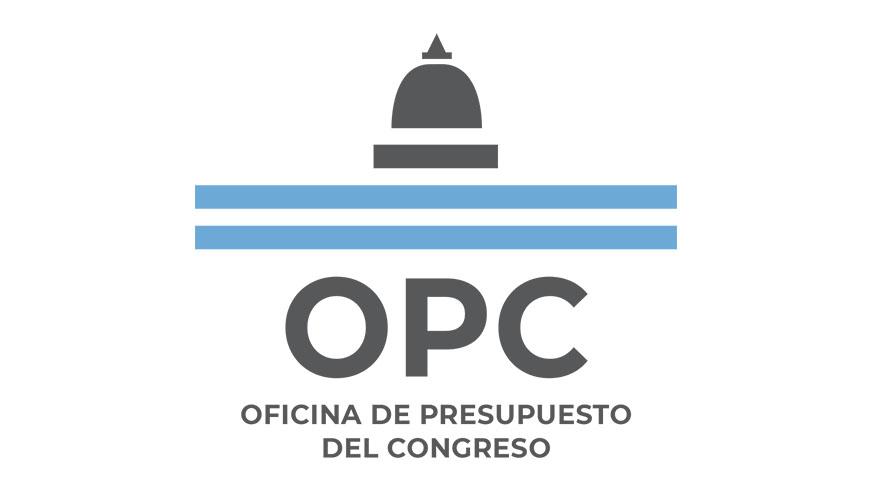
FISCAL IMPACT OF BILL 0666-D-2024 ON FAMILY ALLOWANCES UPDATE
The bill proposes a monthly update of family allowances and benefits such as Alimentar and those for minors who are victims of violence on the basis of the CPI, which up to now have been adjusted using the pension benefit adjustment formula.
The proposal would imply an expenditure equivalent to 1.23% of GDP, above the expenditure that would result from the extension of Law 27,609 or the application of DNU 274/24.
The adjustments are calculated with the proposed mechanism as from May and the CPI would always be that of the previous two months.
- At the end of 2024, the recipients of benefits for children and adolescents would receive higher amounts if Law 27,609 were extended, with the exception of the Alimentar Benefit, the amount of which is defined by the Executive Branch.
- With the formula provided for in the bill, family allowances and the programs under the Brisa Law would lag behind the increases they would have with the extension of Law 27,609 or the application of DNU274/24 until the end of the year.
- Universal allowances (Universal Child Allowance – AUH -, and Universal Pregnancy Allowance – AUE -) would have an improvement in purchasing power due to the increase in their amount provided in January, but to a lesser extent than with the extension of Law 27,609 or DNU274/24.
- The Alimentar benefit would improve with respect to inflation (contrary to the assumption of keeping it fixed).
As all formulas include adjustments based on the inflation of previous periods, a scenario of price deceleration would contribute to an increase in real terms. But other variables such as salaries and ANSES revenues may have a different impact.
